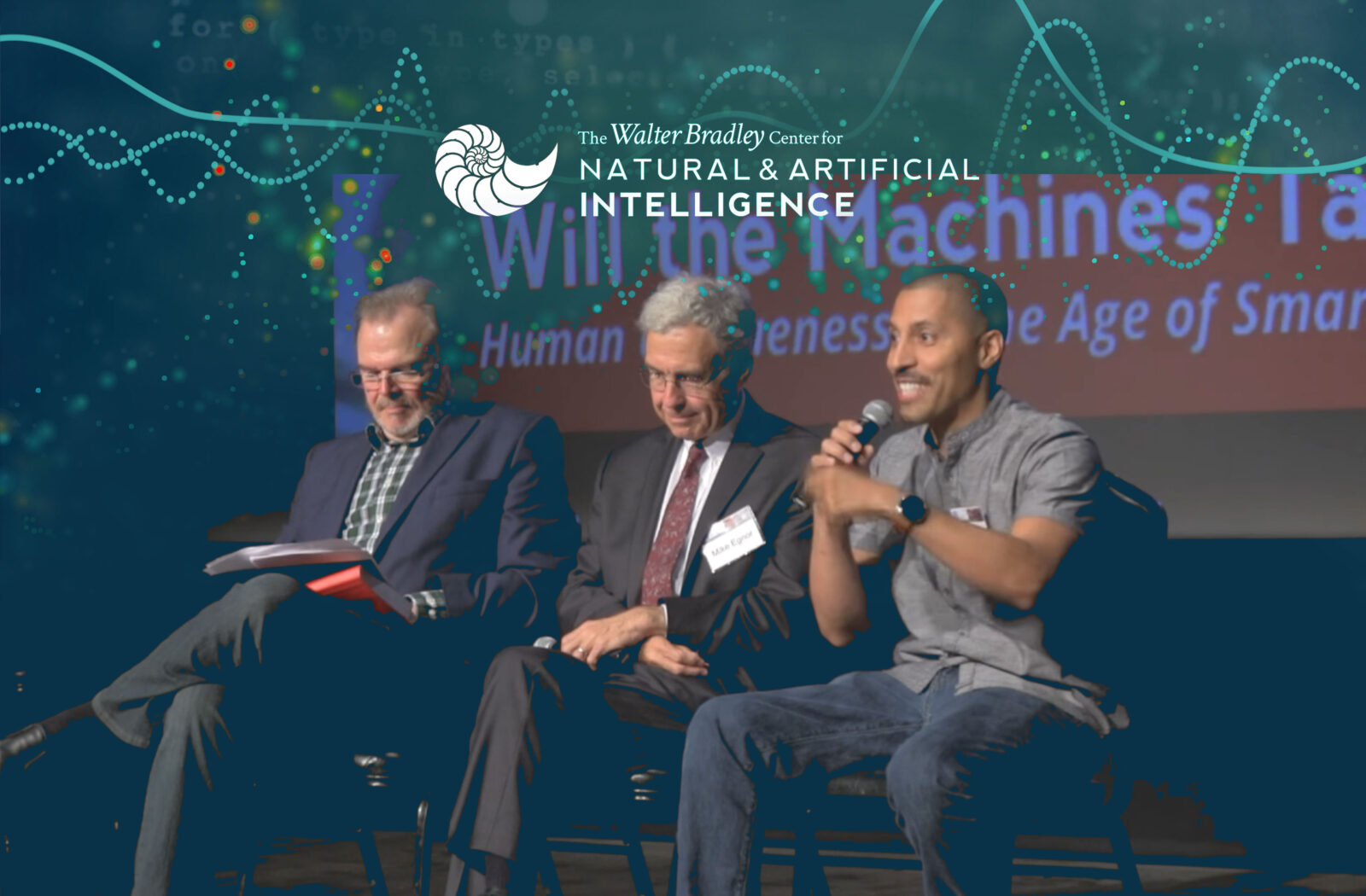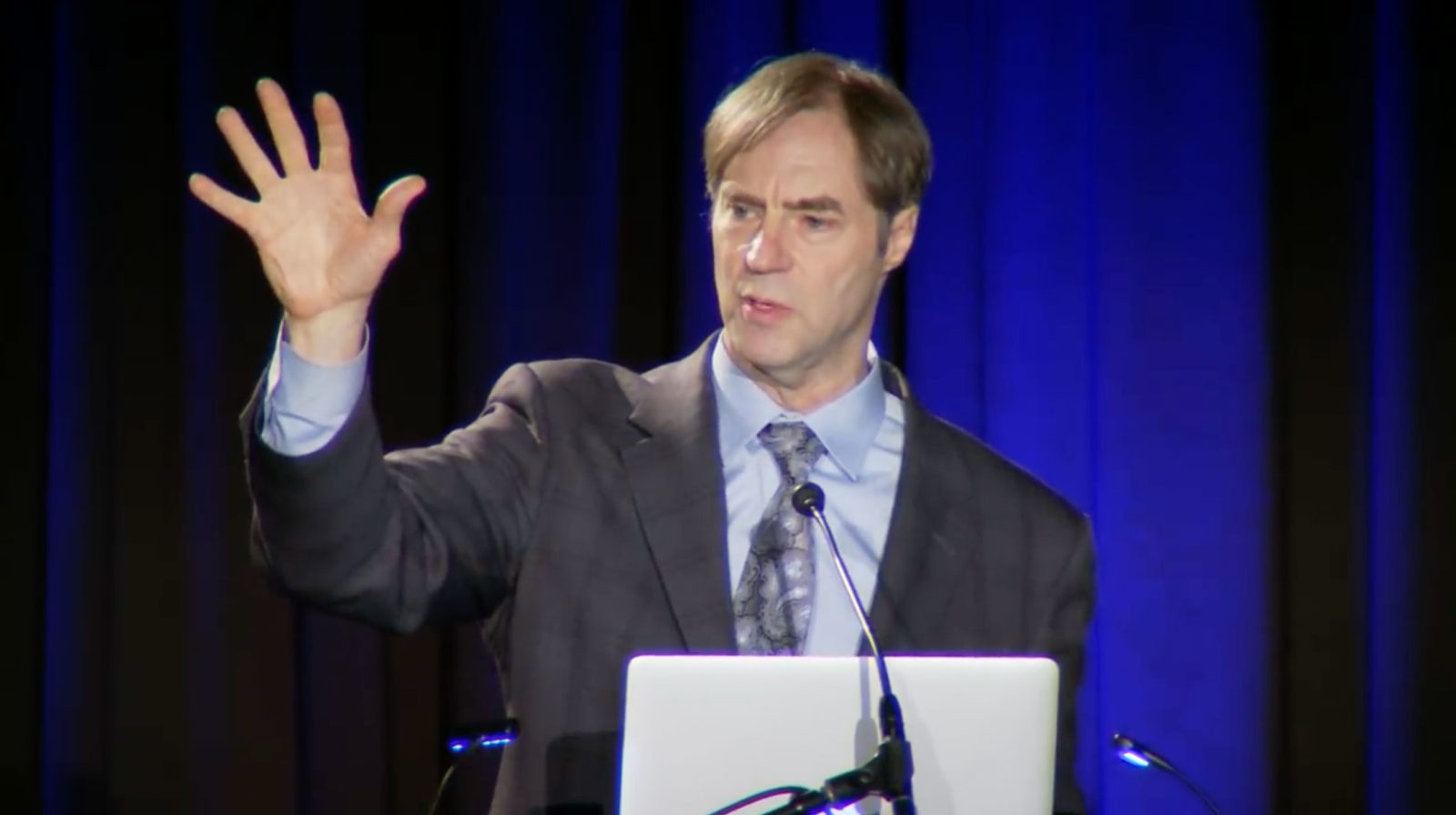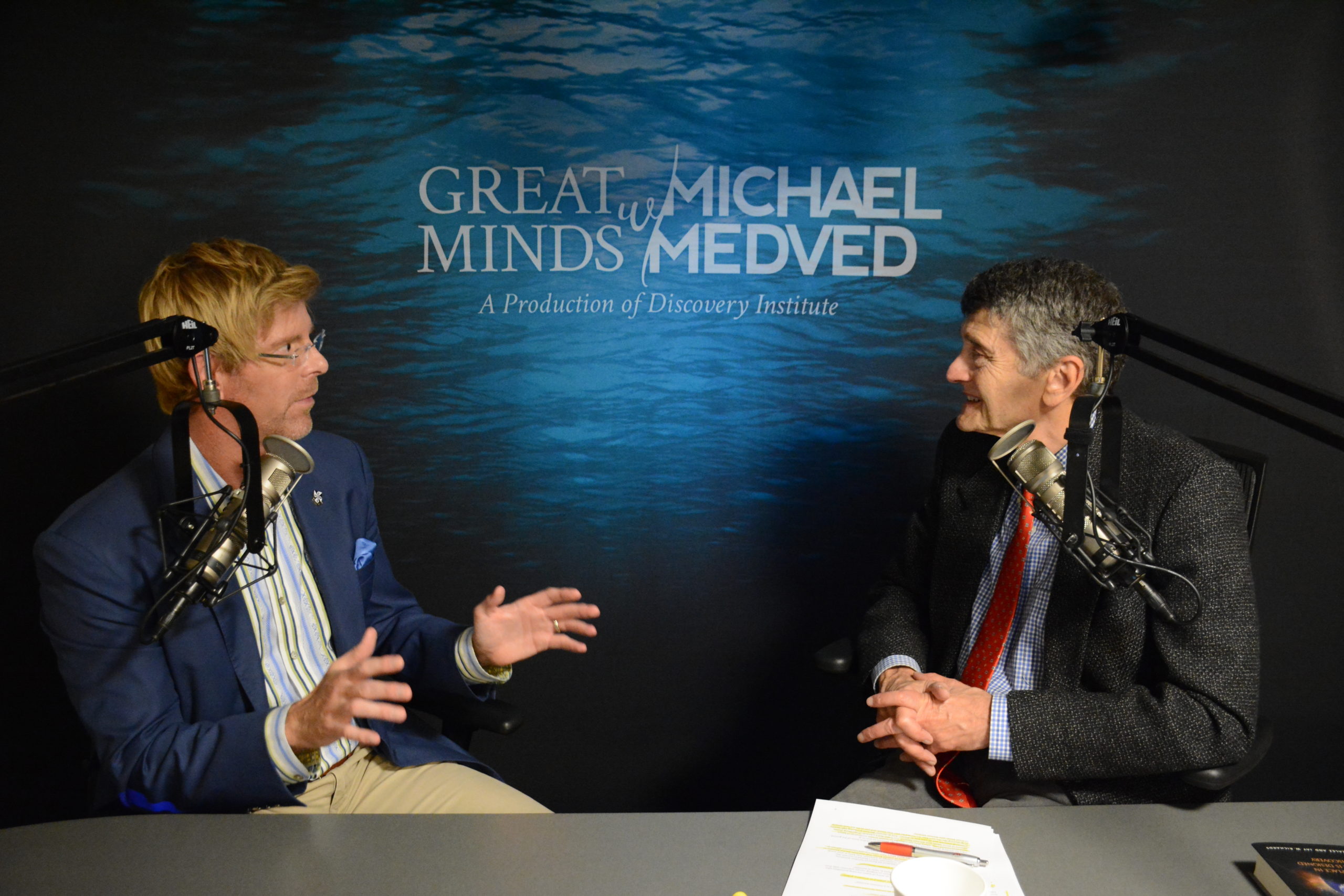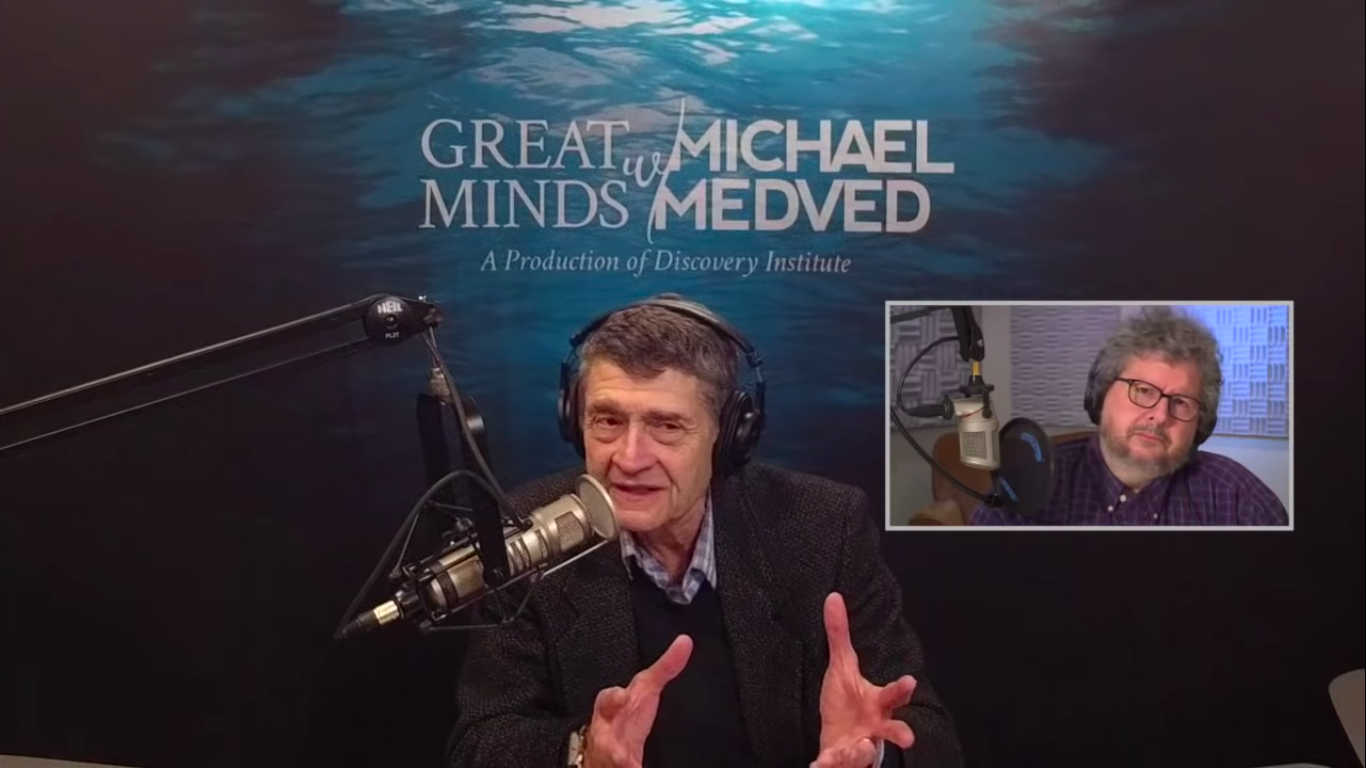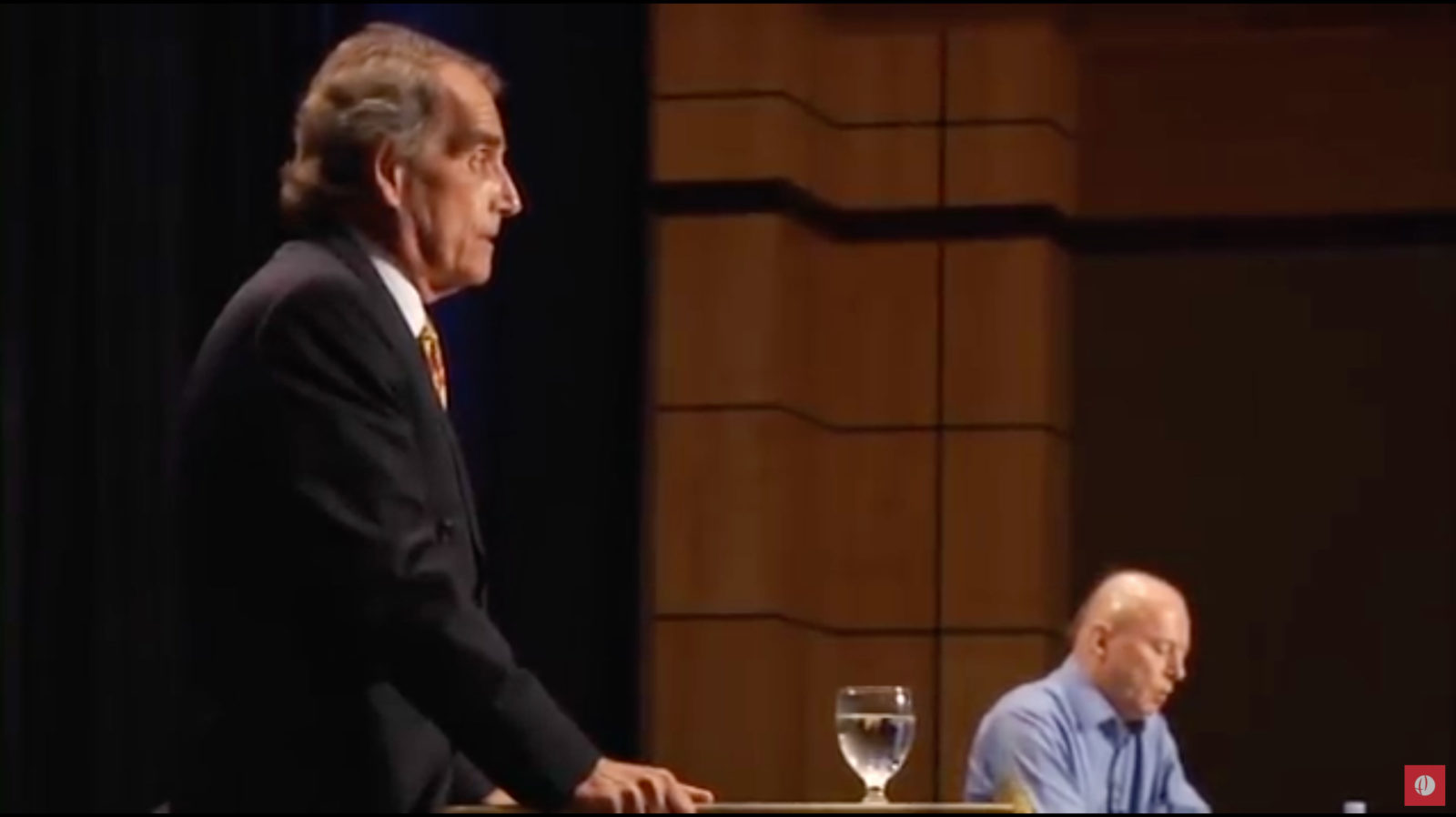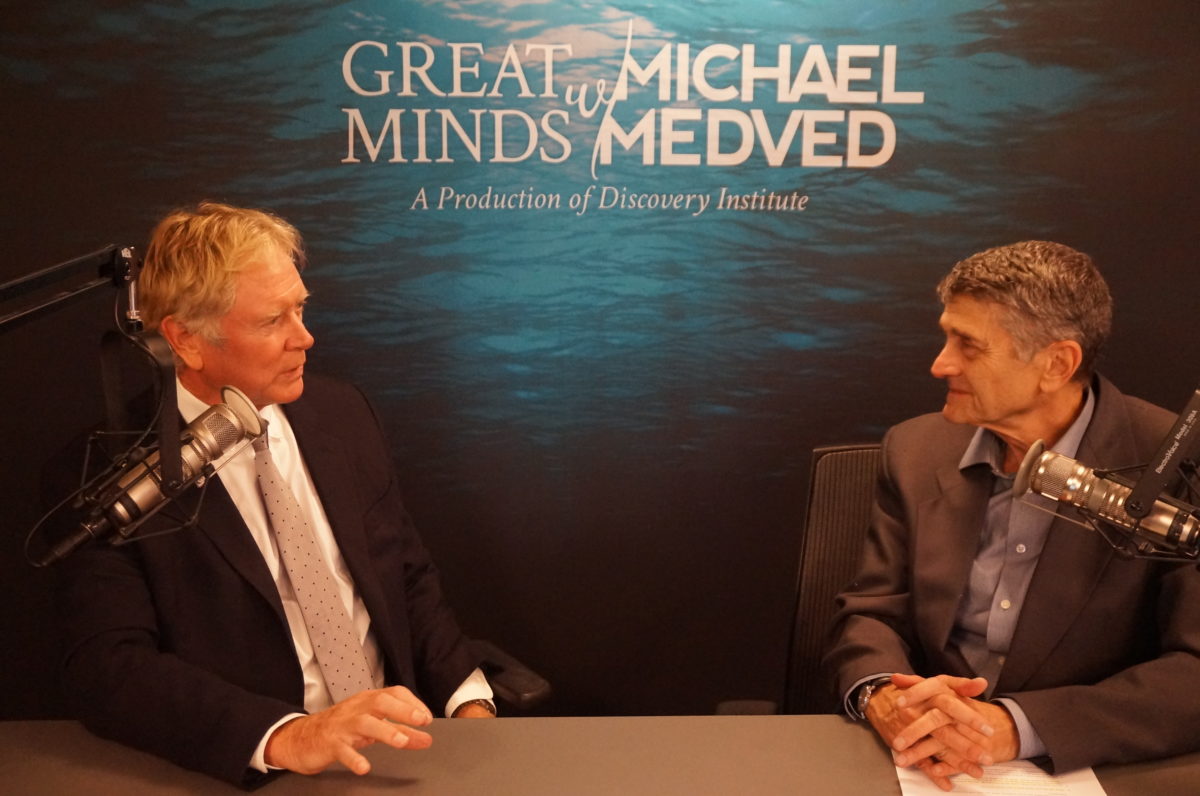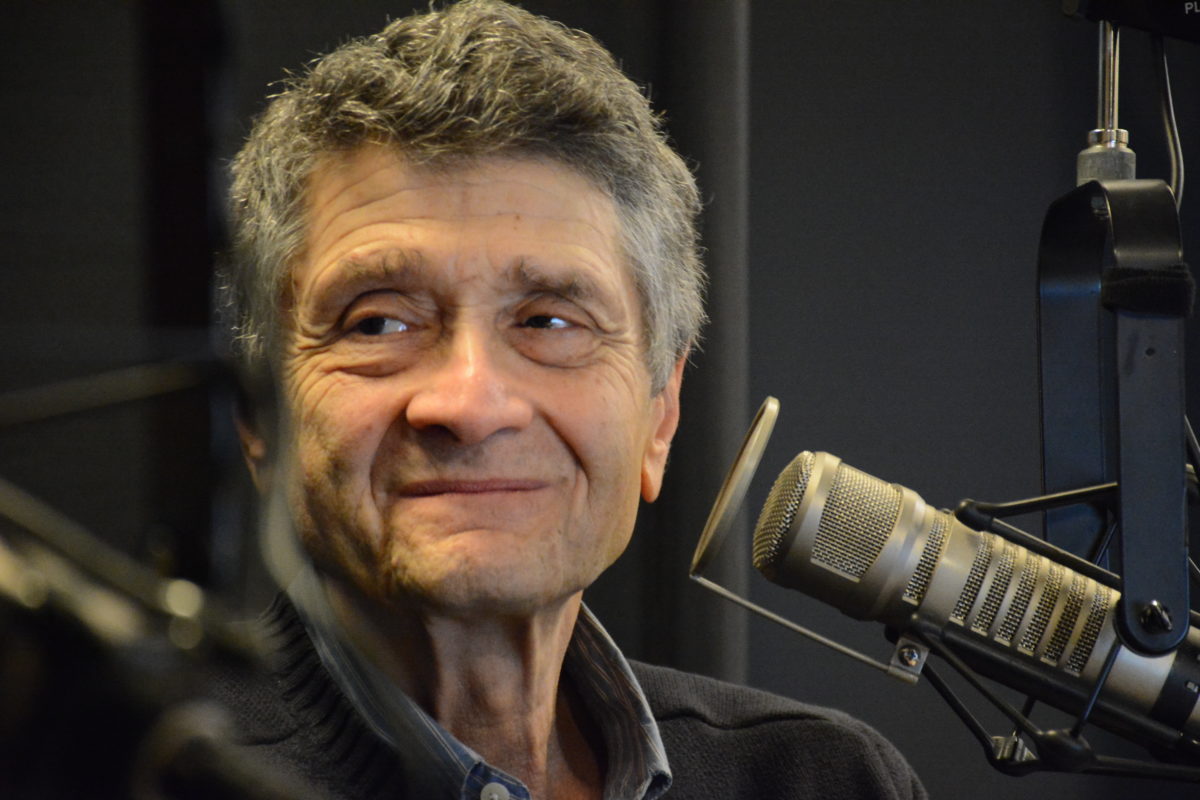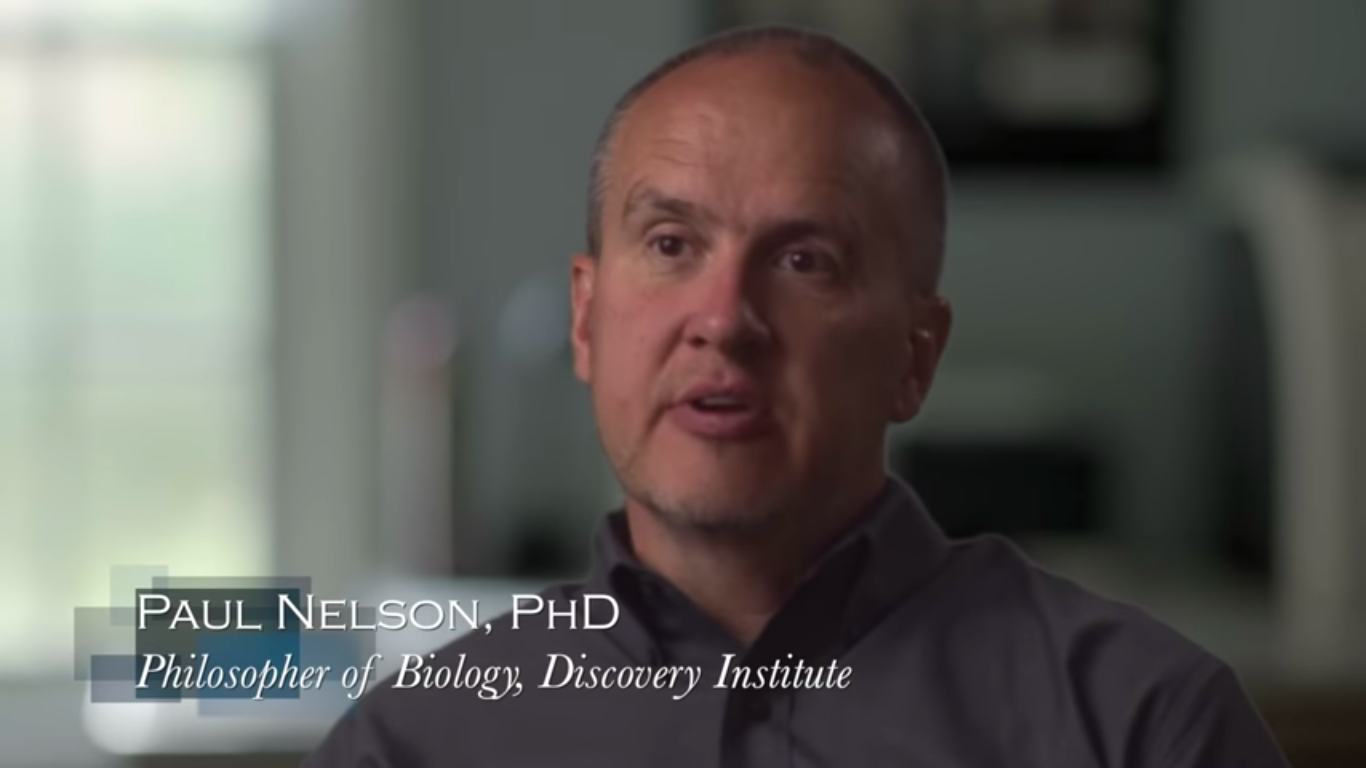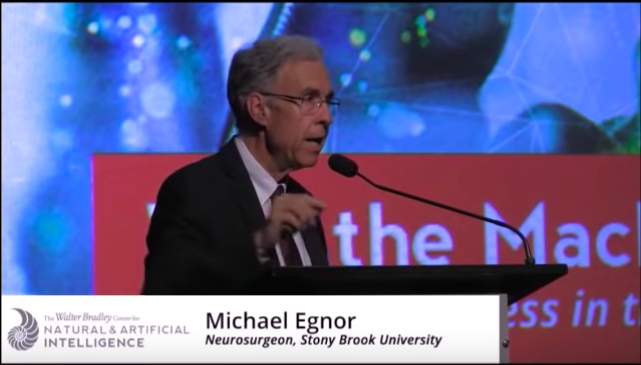
Neurosurgeon Michael Egnor: Why Machines Will Never Think
At the official launch of the Walter Bradley Center for Natural and Artificial Intelligence, July 11, 2018, neurosurgeon Michael Egnor offered some thoughts on artificial vs. natural intelligence. He sends us this piece, further developing some of his ideas: A cornerstone of the development of artificial intelligence is the pervasive assumption that machines can, or will, think. Watson, a question-answering computer, beats Read More ›
